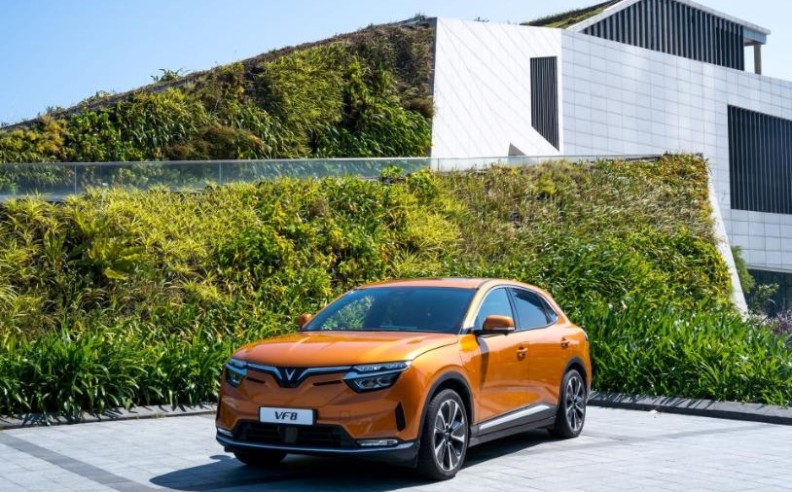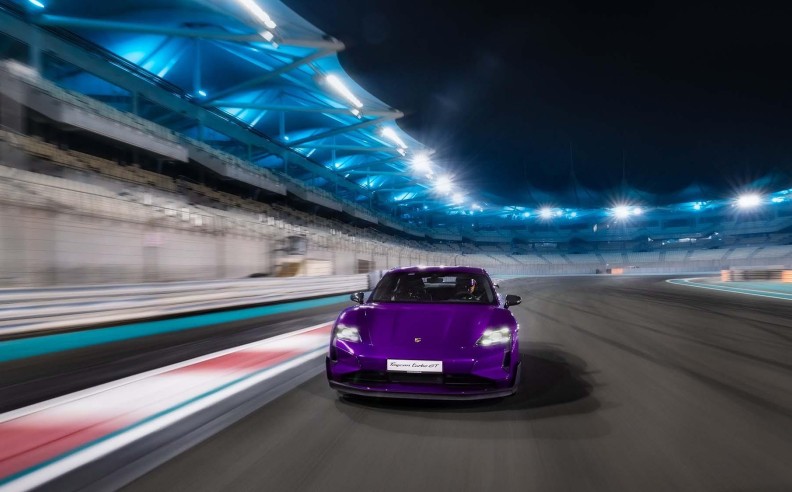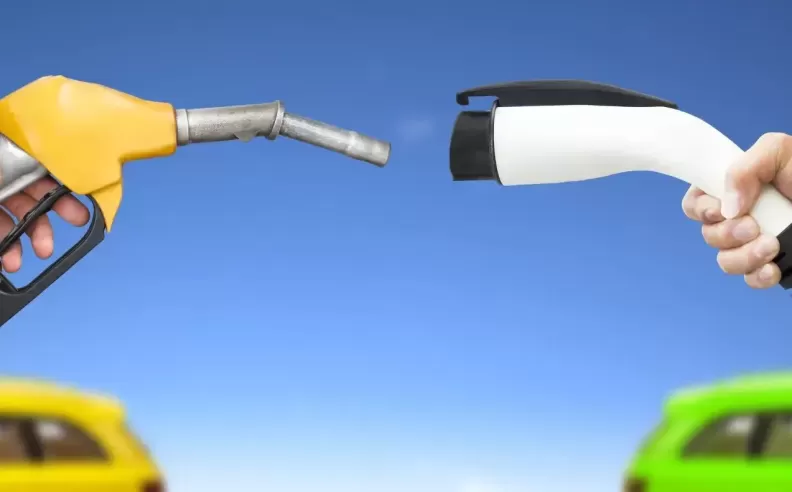
As the automotive industry evolves, a critical question looms: will the future be dominated by electric vehicles (EVs), or will petrol engine vehicles continue to hold a significant market share? This question is complex, with numerous factors at play, from technological advancements and environmental concerns to economic considerations and consumer preferences.
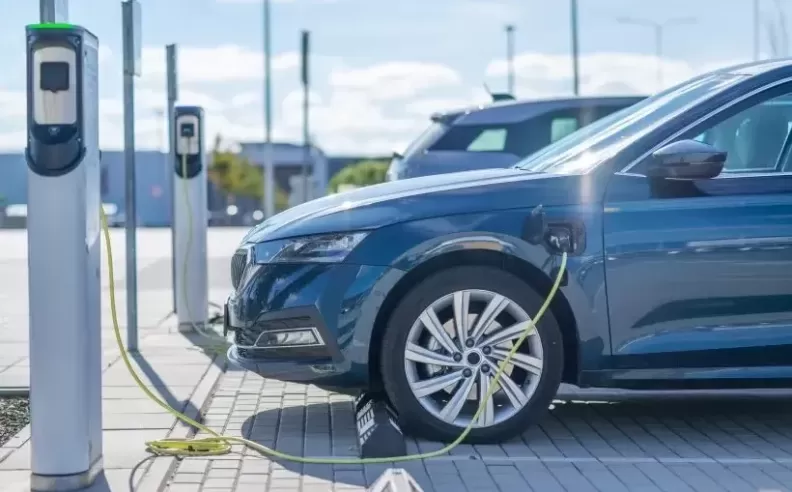
Electric vehicles have gained significant momentum in recent years. Several factors contribute to this rise:
Environmental Concerns: The push for cleaner energy sources has made EVs an attractive option. With zero tailpipe emissions, electric vehicles help reduce air pollution and greenhouse gas emissions, addressing the urgent need to combat climate change.
Technological Advancements: The rapid development of battery technology has significantly improved EV performance. Longer ranges, faster charging times, and enhanced battery life are making EVs more practical for everyday use. Additionally, the proliferation of charging infrastructure has alleviated "range anxiety," a common concern among potential EV buyers.
Government Policies and Incentives: Many governments worldwide are encouraging the adoption of electric vehicles through subsidies, tax incentives, and regulations. For instance, some countries have announced plans to phase out internal combustion engine (ICE) vehicles in favor of EVs by specific dates. These policies are creating a favorable environment for EV adoption.
Automaker Investments: Major automakers are heavily investing in electric vehicle technology. Companies like Tesla, Volkswagen, and General Motors are rolling out new EV models, expanding their portfolios, and committing to ambitious production targets.
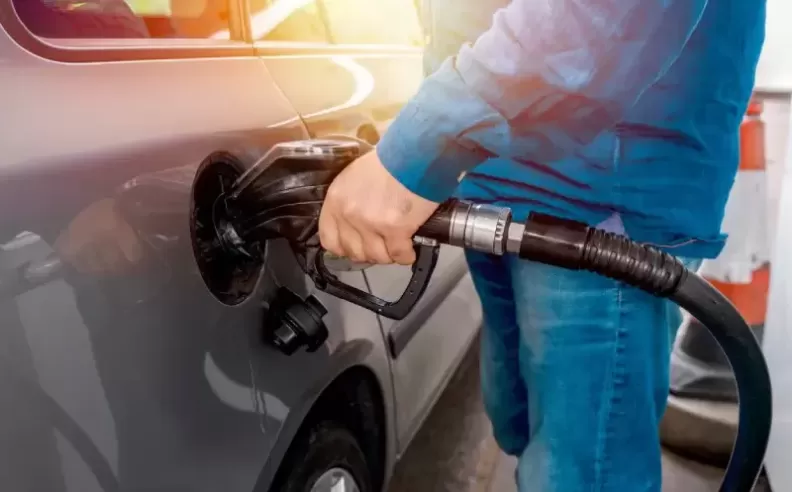
Despite the growing popularity of electric vehicles, petrol engine vehicles are unlikely to disappear entirely in the foreseeable future. Several factors contribute to their continued relevance:
Established Infrastructure: The infrastructure for petrol and diesel vehicles is well-established, with a vast network of fuel stations, service centers, and mechanics. This extensive support system makes petrol engine vehicles convenient and accessible for many consumers.
Cost Considerations: While the cost of EVs is decreasing, they are still generally more expensive upfront than traditional petrol vehicles. For many consumers, especially in developing regions, the lower initial cost of petrol vehicles remains a decisive factor.
Technological and Performance Preferences: Some drivers prefer the performance characteristics of petrol engines, such as the familiar sound and feel of acceleration. Additionally, certain types of vehicles, like high-performance sports cars and large trucks, still rely on petrol engines for their power and capabilities.
Energy Production and Grid Capacity: In regions where electricity generation is still heavily reliant on fossil fuels, the environmental benefits of EVs are diminished. Furthermore, the transition to EVs requires significant upgrades to electricity grids, which can be a complex and costly process.
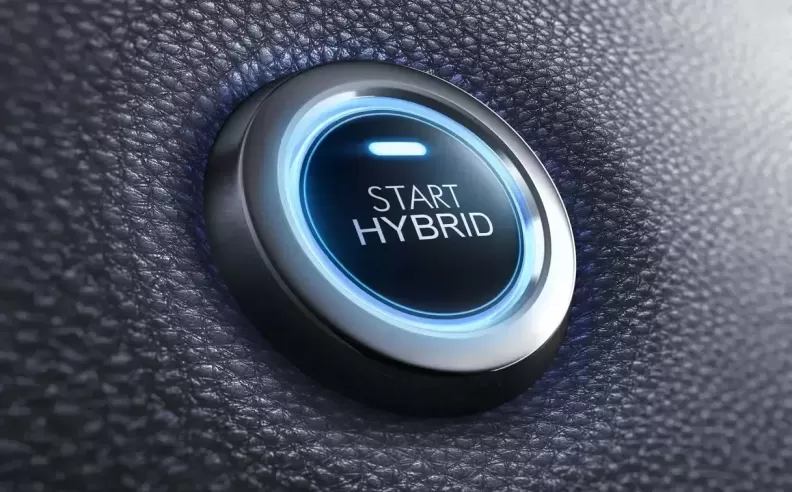
One possible outcome is the widespread adoption of hybrid vehicles, which combine petrol engines with electric motors. Hybrids offer a middle ground, providing some of the environmental benefits of EVs while maintaining the range and convenience of petrol vehicles. They serve as a transitional technology as the industry moves towards fully electric solutions.
The future of automotive is unlikely to be a zero-sum game between electric and petrol vehicles. Instead, the industry is expected to see a diverse landscape where both technologies coexist. Electric vehicles will continue to grow in prominence, driven by environmental concerns, technological advancements, and supportive policies. Meanwhile, petrol engine vehicles will retain a presence, especially in regions and segments where they remain practical and cost-effective.
As technology evolves and societal priorities shift, the balance between these two types of vehicles will continue to change. The automotive industry stands at a crossroads, and the path it takes will be shaped by innovation, consumer demand, and global efforts to address climate change.

Wael is an automotive content writer specializes in creating written content for Motor 283. Producing a wide range of content, including blog posts, articles, product descriptions, reviews, and technical guides related to cars, trucks, motorcycles, and other vehicles, with an unprecedented passion for cars, and motorcycles.
